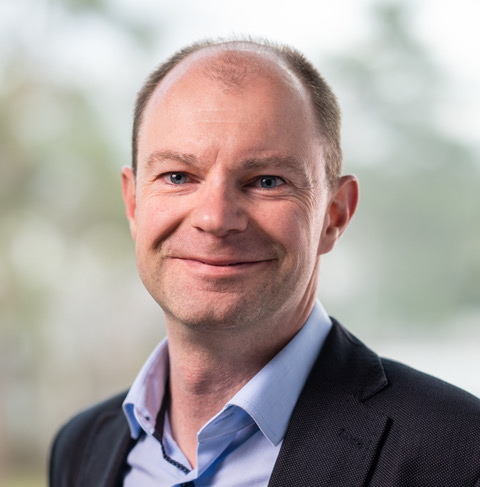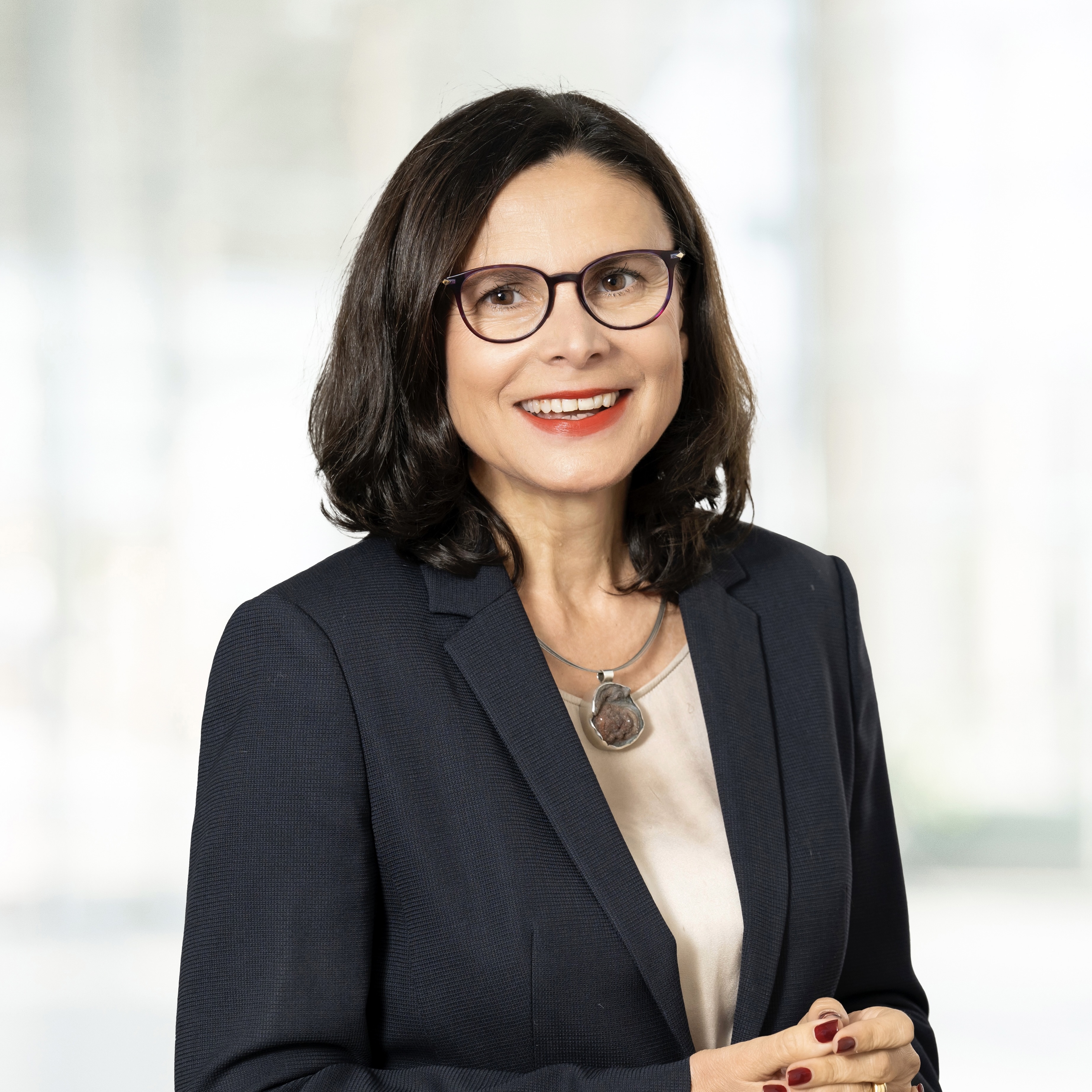Keynotes
Keynote 1
Michael Felderer: Innovating at the Intersection: Software Engineering for Science and Industry

Since the inception of the discipline at the NATO Software Engineering Conferences in the late 1960s, software engineering research and practice have primarily concentrated on business and embedded software, particularly in industrial sectors like finance and automotive. Research software that is designed and developed to facilitate research activities in various fields of science or engineering has been largely overlooked by software engineering research. However, there is an increasing acknowledgment of research software as an essential artifact and of research software engineers as a vital profession. On the one hand, research software propels scientific advancements, fosters open science principles, and plays a pivotal role in informing significant policy decisions, such as those related to climate action. On the other hand, it frequently serves as the foundation for software stacks in cutting-edge technologies like Quantum Computing, Artificial Intelligence, and Digital Twin applications. Thus, there is an increasing demand for software engineering methods specifically tailored to research software, with the potential to benefit software development in traditional business domains as well. Drawing from my experiences in academic research at universities, research software engineering at the German Aerospace Center (DLR), as well as software engineering in industry, in this talk I will explore the commonalities and differences between software engineering in industrial and scientific settings. I will also shed light on the landscape of research software engineering and clarify its significance to modern software engineering research.
Vita: Prof. Michael Felderer is the Director of the Institute for Software Technology at German Aerospace Center (DLR) and full professor at the University of Cologne. His fields of expertise include software quality assurance and testing, software engineering for AI, quantum and digital twin technologies as well as empirical and research software engineering. He was a professor at the University of Innsbruck (Austria), guest professor at the Blekinge Institute of Technology (Sweden) as well as CEO of the academic spin-off QE LaB Business Services. His research is performed in close collaboration with research organizations and companies, and directed towards the development and evaluation of efficient and effective methods to improve the quality, trustworthiness and value of software systems and processes. Michael Felderer has co-authored more than 150 publications and received 14 best paper awards. He is recognized by the Journal of Systems and Software (JSS) as one of the twenty most active established Software Engineering researchers world-wide in the period 2013 to 2020.
Keynote 2
Mira Mezini: AI-assisted Programming: From Intelligent Code Completion to Foundation Models - A Twenty-Year Journey

From pioneering work on intelligent code completion to large language models, AI has have significant impact on software engineering over the past two decades. This keynote presentation traces the evolution of AI-assisted programming, highlighting advancements and outlining future directions. The talk is structured in three parts. First, we’ll journey back to 2000-2010, exploring pioneering applications of machine learning methods to coding tasks, in particular, the groundbreaking work from my lab on intelligent code completion, which was honored with the ACM SIGSOFT Impact Paper Award in 2024, showcasing the software engineering community’s early contributions. The second part examines the current landscape dominated by modern large language models (LLMs) in coding. While primarily driven by the ML community, these tools are being rapidly adapted by the software engineers for various tasks. This part of the talk will highlight the pressing need for our community to actively engage in designing more reliable and specialized foundation models for software engineering tasks. Subsequently, I’ll present some ongoing work from our lab focused on developing robust foundation models for coding with the specific needs of software engineering in mind. This retrospective not only celebrates past achievements but also critically examines the present landscape, emphasizing the vital role of software engineering expertise in shaping the future of AI-assisted programming.
Vita: Mira Mezini is a Professor of Computer Science at TU Darmstadt, where she leads the Software Technology Lab. She serves as TUDa’s representative on the board of the National Research Center for Applied Cybersecurity ATHENE and co-directs hessian.AI, the Hessian Center for Artificial Intelligence. Mezini has held several roles in research funding and governing bodies. She has been elected in the Computer Science Panel of the German Research Foundation (DFG), appointed on the Computer Science Consolidator Grant Panel of the European Research Council (ERC), and elected in the Executive Committee of ACM SIGPLAN. Currently, she is a member of the ERC Scientific Council’s selection committee and the DFG Senate. Mezini’s research focuses on three main areas: programming systems for reliable distributed software and AI, automated software analysis, and foundational code models. With over 200 frequently cited peer-reviewed publications in top venues in software engineering and programming languages, her work has gained significant recognition. She has served or is serving as program chair for major in software engineering and programming languages conferences, including ECOOP, OOPSLA, FSE, and ICSE. Her awards include two IBM Eclipse Innovation Awards (2005 and 2006), a Google Research Award (2017), and the second prize in the Horst Görtz Foundation’s IT Security Award (2014). In 2012, Mezini received an ERC Advanced Grant, the EU’s most prestigious research funding award. A member of the German Academy of Engineering Sciences and the Academia Europaea, Mezini was recently named an ACM Fellow, further cementing her status as a leader in the field of computer science.
Keynote 3
Roland Weiss & Benedikt Schmidt: Software engineering of industrial systems for critical infrastructure - past, present, and future

Building and maintaining industrial systems comes with a unique set of challenges. They have to live over extended periods of time, meet stringent reliability and safety standards, have to deal with budgets in low-margin industries, and need to adapt to modern expectations on ease- of-use and fast innovation. In this keynote, we will elaborate on how ABB deals with these competing forces. First, we introduce ABB and the systems we are delivering to our customers, including the typical lifecycle phases they go through. Second, we reflect on the last 2 decades of industrial research that has been conducted to support the product development units. Third, we show the fundamental shifts these systems are going through right now and highlight challenges we face as practitioners. Finally, we conclude with an example of an application that leverages ML/AI to elevate the operator prowess and a look under the hood of the development of this application.
Vita: Dr. Benedikt Schmidt is a key driver of ABB's process automation activities towards autonomous operations, working as product owner for the Augmented Operator portfolio and Senior Principal Engineer. He joined ABB in 2015, focusing on research and development of ABB's data analytics practices and bringing them to our products. Before joining ABB, Benedikt worked at SAP's research center. He holds a PhD from Technical University of Darmstadt.
Dr. Roland Weiss globally leads ABB's process automation R&D activities, covering a portfolio of control and IO hardware, embedded and safety systems, DCS automation software as well as IIoT middleware and applications. He joined ABB in 2005 and has held various R&D management positions, focusing on research on and development of ABB's automation systems in markets including power generation as well as robot and industrial automation. As part of a dedicated task force, he contributed to kick-starting ABB’s Digital unit. Before joining ABB, Roland Weiss headed a research team in the area of Formal Methods at University of Tübingen. He holds a PhD in Computer Science from University of Tübingen.